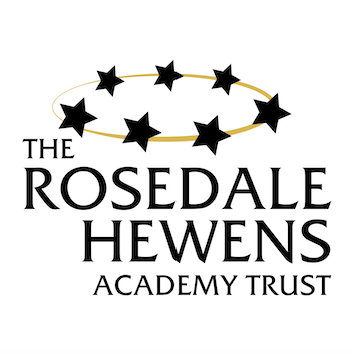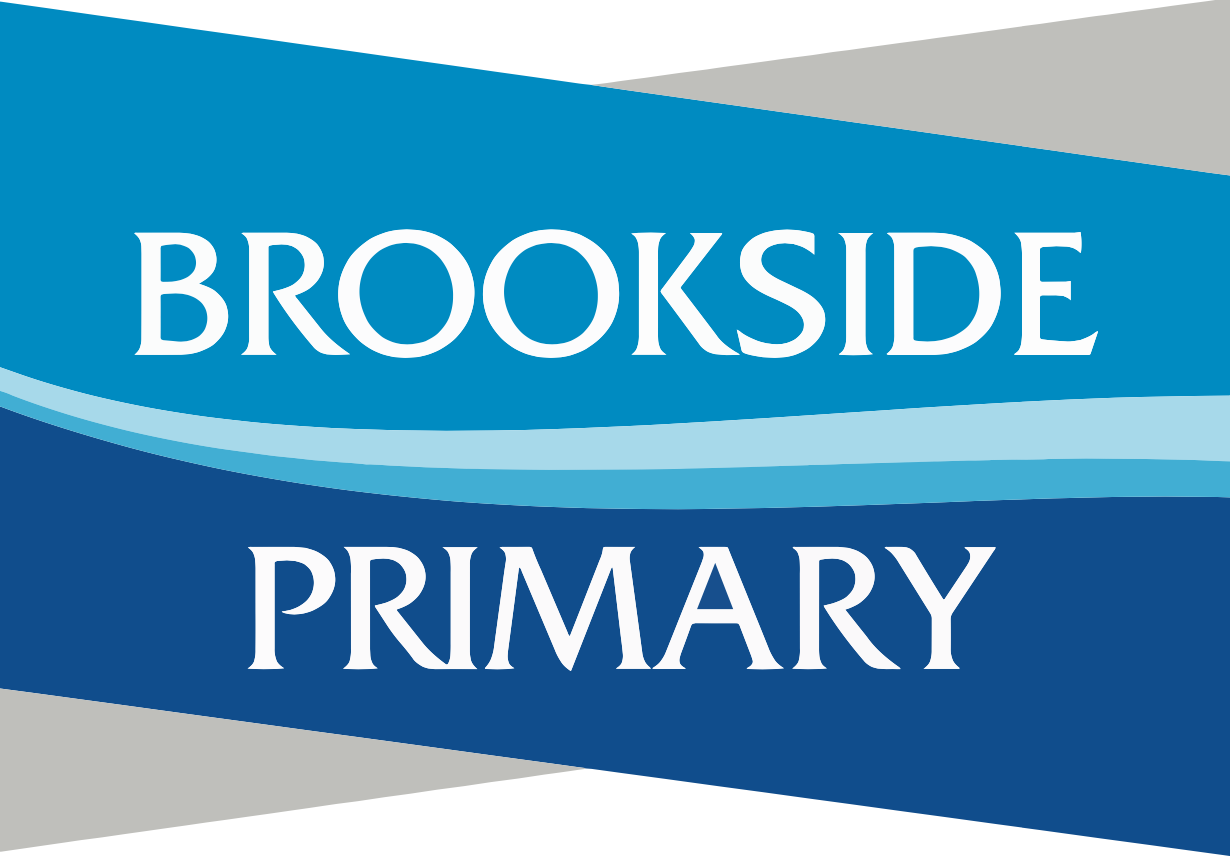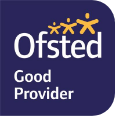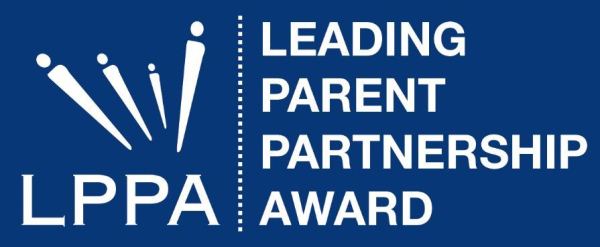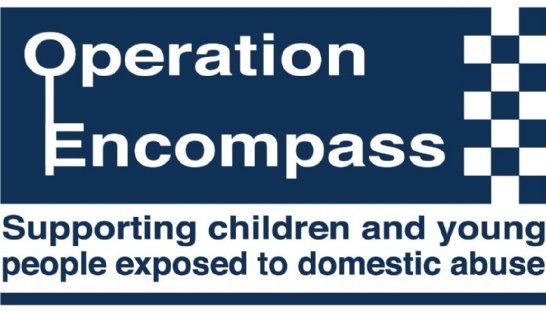Early Years Foundation Stage (EYFS)
We believe that, every child deserves the best possible start in life and the effective support that enables them to fulfil their potential. Children develop quickly in the early years and a child’s experiences between birth and age five have a major impact on their future life chances. A secure, safe and happy childhood is important in its own right.
The Early Years Foundation Stage (EYFS) sets the standards that all early years’ providers must meet to ensure that children learn and develop well and are kept healthy and safe. The EYFS extends from children’s birth to the end of the Reception year, and children can enter our school nursery from 3 years old. Entry into our school is at the beginning of the School year in which the children are five years old. The EYFS promotes teaching and learning to ensure children’s ‘school readiness’ and gives children the broad range of knowledge and skills that provide the right foundation for good future progress through school and life. It is here that children become more aware of the 6 Rs of Respect, Resilience, Resourceful, Responsible, Reflective and Rational and where they can start to embed these qualities, which are an integral part of the School’s ethos.
Four guiding principles within the EYFS Framework 2021 help to shape practice in our early years settings. These are:
• A Unique Child: every child is a unique child, who is constantly learning and can be resilient, capable, confident and self-assured;
• Positive Relationships: children learn to be strong and independent through positive relationships;
• Enabling Environments: children learn and develop well in enabling environments with teaching and learning support form adults, who respond to their individual interests and needs and help them build their learning over time. Children benefit from a strong partnership between practitioners and parents, guardians and carers; and
• Learning and Development: children develop and learn in different ways and at different rates. The framework covers the education and care of all children in our early year’s provision, including children with Special Educational Needs and Disabilities (SEND).
Areas of Learning and Development
Early Essence
There are seven areas of Learning and Development that shape educational programmes in early years settings. All areas of Learning and Development are important and inter-connected. Three ‘primary areas’ are deemed to be particularly crucial for igniting children’s curiosity and enthusiasm for learning, and for building their capacity to learn, form relationships and thrive.
The prime areas are:
- Communication and Language;
- Physical Development; and
- Personal, Social and Emotional Development.
We will also support children in specific areas, through which the three prime areas are strengthened and applied.
The four specific areas are:
- Literacy;
- Mathematics;
- Understanding the World; and
- Expressive Arts and Design.
You can download our Early Years Framework Policy here: Click to view
You can download ‘What to expect in Early Years’ here: Click to view
Early Essence is a secure online assessment and reporting system, which we use across our Early Years provision. This is a system that personalises learning, and where videos and photos can be uploaded along with observations, allowing us to accurately track children’s progress; this helps us to see what the next steps are for children in their development. This system also benefits the parent, guardian or carer enabling them to follow their child’s learning journey and contribute to the record through photos and observations from home. This software produces accurate reports as required for the School, parents, guardians, carers and governors.
The following link will guide you through the features of the Early Essence assessment and reporting system:
Early Essence Assessment and Reporting: Click to view

